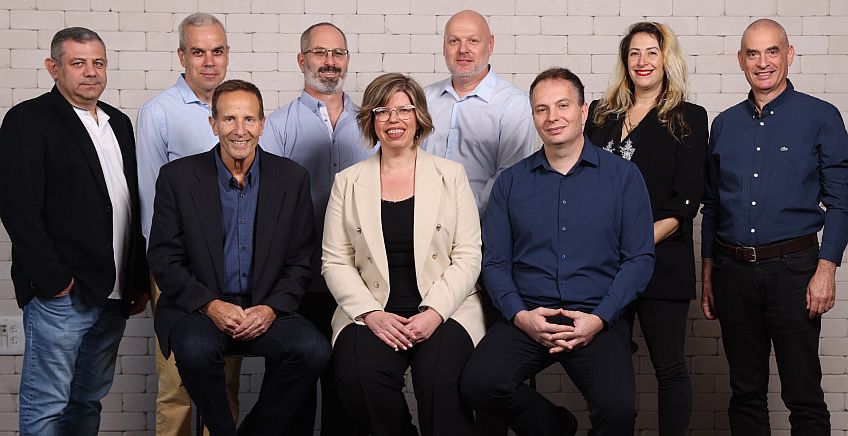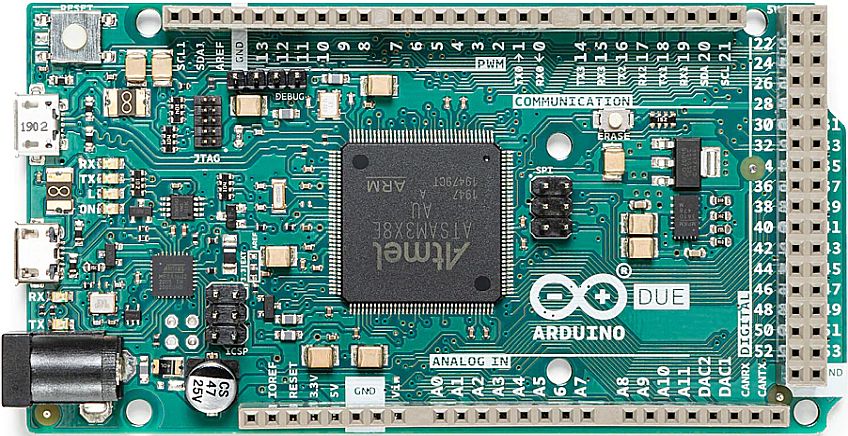Oracle acquires Crosswire for $50 million
17 April, 2016
Crosswire has developed a unique technology for probabilistic device matching by individual users, based on machine learning techniques


Tel Aviv based startup Crosswire developed a unique technology for constructing probabilistic device maps matching multiple devices to individual users by machine learning techniques
Oracle announced the acquisition of Israeli Startup Crosswise. The company developed novel device mapping technology used for cross-device advertising. Oracle has not disclosed details of the deal, but sources in the market estimate that it was in the range of $50 million.
Crosswire matches multiple devices such as smartphones, Smart-TV’s, Tablets etc. to individual users using a smart algorithm and machine learning techniques. The information mapped by Crosswire is crucial for many customers, mostly advertisers, interested in supplying personalized cross platform solutions for all devices used by an individual customer.

The importance of device matching is becoming ever more important, as the number of internet connected digital devices used by individual customers grows. Measurement company Nielsen estimates that the average American consumer own four digital devices, and the average U.S consumer spends 60 hours a week consuming content across devices. Google estimates that 90% of consumers use more than one device when purchasing online.
Crosswise’s service, based on massive cloud data collecting in a Data as Service format are of great strategic importance for Oracle. Last year, Oracle chairman and CEO Larry Ellison defined Cloud Computing as the companies leading strategy. Ellison envisions Oracle as the world’s leading Cloud services provider. According to its publications, Oracle’s cloud has more than 3 Billion users in over 15 million websites.
Crosswise’s technology is unique in its use of probabilistic algorithms, enabling the matching of devices to individuals without risking user privacy, even if its data base is compromised by hackers
Secrets of Probabilistic Matching
 Crosswise’s technology is called “Probabilistic Matching”. This technology addresses some of the disadvantages of the currently common matching method called Deterministic Device Matching. In deterministic matching, either unique identifiers for each record are compared to determine a match or an exact comparison is used between fields. Unique identifiers can include national IDs, system IDs, and so on. This can include system IDs, national IDs, and so on.
Crosswise’s technology is called “Probabilistic Matching”. This technology addresses some of the disadvantages of the currently common matching method called Deterministic Device Matching. In deterministic matching, either unique identifiers for each record are compared to determine a match or an exact comparison is used between fields. Unique identifiers can include national IDs, system IDs, and so on. This can include system IDs, national IDs, and so on.
The deterministic method has several disadvantages: it covers only a small segment of the digital community (customers of specific organizations), and it can only be used when the organization posses private user information.
Machine learning Techniques
Crosswise’s probabilistic matching technology takes a different approach: the company collects web activity data from a variety of sources: websites. GPS signals, operating systems, browsers, Wi-Fi networks, IP Addresses and more. The collected data is processed and cross-checked in order to identify matching devices in various degrees of probability.
The probabilistic method is comprised of several steps. First, the system collects and aggregates information from every device in a defined geographic area. The company then purchases existing deterministic databases covering some of the users in the defined area. The database is halved – one half is used for running machine learning algorithms used by the system to process and analyze the collected information. A matching map is defined by variable probability levels. The results are then compared to the second half of the deterministic database to train the machine learning models and to evaluate the model’s results.
Anonymity is secured
Crosswise’s customers receive a matching map containing pairs of matched device IDs along with a confidence score for each device and its relevant matching devices. For some certain campaigns, advertisers may wish a high level of certainty, while for others, a lower level might suffice.
Probabilistic matching has many advantages over traditional matching methods: it does not require the identification of users, who remain anonymous. Even in the eventuality that crosswise’s data base would be hacked, the user’s anonymity would not be breached. Another major advantage is the ability to reach all the devices in defined geographical regions.
Crosswire was founded by CEO Steven Glanz, CTO Jonathan Seidner and R&D Ron Reiter. Several funds have invested in the company in the past, including Giza Venture, Pereg Ventures, OurCrowd and Chinese ZhenFund.
Posted in: Deals and Investments , News , Software and IT



